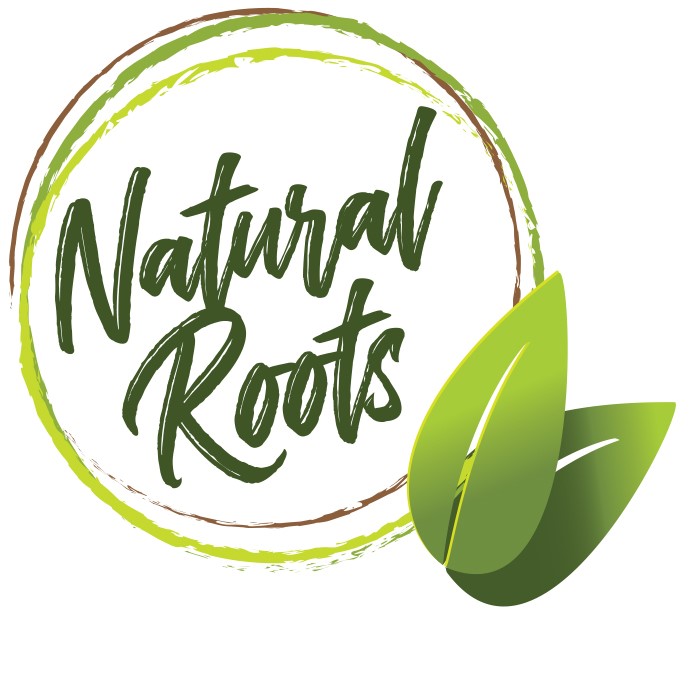- Helps Regulate Cholesterol Levels:
- Alfalfa sprouts contain saponin, a plant compound known for its cholesterol-regulating properties.
- Studies have shown that regular consumption of alfalfa can lower LDL cholesterol and increase HDL cholesterol levels.
- Speeds Wound Healing:
- Alfalfa sprouts are rich in vitamin K, which plays a crucial role in blood clotting.
- Adequate vitamin K intake promotes faster wound healing and reduces the risk of hemorrhagic issues.
- Aids Weight-Loss Efforts:
- Low in sugar, fat, and calories, alfalfa sprouts are a nutritious addition to a weight-loss diet.
- High fiber and protein content contribute to satiety and muscle-building, supporting weight-loss goals.
- Helps Prevent Iron Deficiency Anemia:
- Alfalfa is a rich source of iron, essential for preventing iron deficiency anemia.
- The combination of iron, vitamin K, and chlorophyll in alfalfa supports blood production and overall blood health.
- Boosts Bone Strength:
- Vitamin K in alfalfa sprouts aids in the activation of osteocalcin, a protein that supports calcium absorption.
- This contributes to bone strength and helps prevent conditions like osteoporosis.
- Strengthens the Immune System:
- Alfalfa sprouts contain phytonutrients like L-canavanine and chlorophyll that boost the immune system.
- These compounds act as antioxidants, eliminating free radicals and enhancing resistance to infections.
- Improves the Health of Hair:
- Amino acids, B vitamins (B1 and B6), silica, and vitamin C in alfalfa sprouts promote hair health.
- They contribute to hair growth, prevent hair loss, and support collagen synthesis in the scalp.
- Helps Treat Symptoms of Menopause:
- Phytoestrogens in alfalfa alleviate symptoms of menopause, including mood swings and hot flashes.
- These natural compounds provide relief by exerting estrogenic effects during hormonal changes.
- Aids Proper Digestion:
- Alfalfa sprouts contain digestive enzymes like amylase, lipase, and proteases, promoting optimal digestion.
- Potassium in alfalfa supports digestive regularity, making it beneficial for those with constipation.
- Removes Toxins from the Blood:
- Alfalfa sprouts act as a blood purifier, aiding in detoxification and toxin removal.
- The antimicrobial activity of alfalfa contributes to kidney and liver health, reducing the risk of blood poisoning.
Nutrition Facts (per 1 cup/33 grams of raw alfalfa sprouts):
- Protein: Over 3 grams
- Vitamin K: Over 10 micrograms
- Folate: Present
- Calcium: Present
- Phosphorus: Over 20 milligrams
- Potassium: Over 20 milligrams
How to Grow Alfalfa Sprouts:
- Soak 1/3 cup of alfalfa seeds in a quart of cool water overnight.
- Drain the seeds and rinse with fresh water before storing in a dark place at room temperature.
- Drain and rinse twice a day, keeping them damp without sealing them entirely.
- Use drained water for other houseplants.
- Within 3-5 days, you’ll have edible alfalfa sprouts.
Note: Alfalfa sprouts offer a range of health benefits and are easy to grow at home, providing a nutritious addition to your diet.

